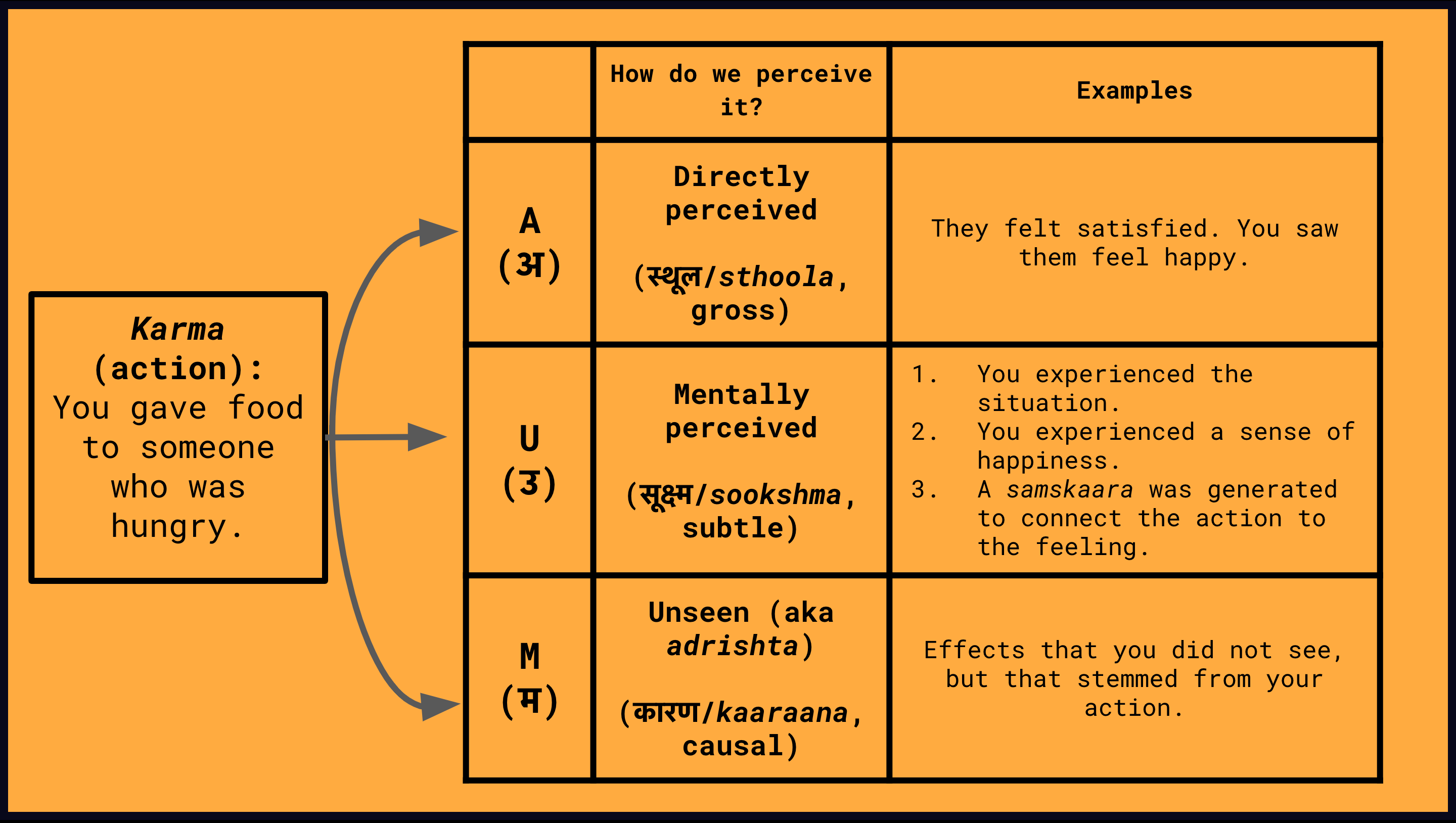The concept of charity is woven into the very fabric of human society. Across cultures and throughout history, the act of giving to those in need has been recognized as a fundamental virtue. But charity is far more than a simple transaction; it’s a powerful force that creates ripples of positive change, impacting not only the recipients but also the givers and the wider community.
The Transformative Power of Giving
While wealth and material possessions are often seen as markers of success, true fulfillment often stems from something far deeper: the act of giving. The inherent satisfaction derived from helping others is a phenomenon that transcends cultural boundaries. It’s a universal truth that generosity begets joy.
Consider the countless examples of individuals who have achieved remarkable financial success, yet remain deeply committed to philanthropy. These individuals, driven by a sense of responsibility and a desire to make a difference, understand that true wealth extends far beyond monetary value. Their generosity serves as a testament to the profound impact that giving can have on both the giver and the receiver.

The Karmic Cycle of Giving and Receiving
There’s a fascinating concept embedded within many spiritual traditions that speaks to the interconnectedness of giving and receiving. This concept, often referred to as karma, suggests that our actions, both positive and negative, create a ripple effect that ultimately returns to us.
When we engage in acts of generosity, we are essentially planting seeds of positive karma. These seeds, nurtured by compassion and selflessness, have the potential to blossom into abundance in our own lives. This abundance may manifest in various forms – material wealth, improved relationships, good health, or simply a deeper sense of inner peace and fulfillment.
Conversely, those who cling tightly to their possessions, unwilling to share their good fortune, may find themselves trapped in a cycle of scarcity. This isn’t to say that wealth is inherently bad, but rather that hoarding wealth without considering the needs of others can create a spiritual and emotional void.
Why Charity Matters: A Multifaceted Impact
The importance of charity extends far beyond the immediate act of giving. Let’s explore some of the profound ways in which charity benefits individuals and communities:
1. Building Stronger, More Resilient Communities:
Charity plays a vital role in fostering a sense of unity and shared responsibility within communities. When individuals and organizations come together to support those in need, they create a safety net that strengthens the entire community. Whether it’s providing food and shelter for the homeless, supporting educational initiatives, or funding vital healthcare services, charity helps to create a more equitable and just society.
2. Amplifying Awareness of Critical Issues:
Charities often serve as powerful advocates for those whose voices are often marginalized or overlooked. By shining a light on critical social issues, such as poverty, inequality, and environmental degradation, charities help to raise awareness and inspire action. They mobilize resources, engage in advocacy efforts, and work tirelessly to create lasting change.
3. Empowering Future Generations Through Example:
When we instill the value of giving in children from a young age, we are shaping compassionate and socially responsible future leaders. By involving children in charitable activities, we provide them with tangible examples of how they can make a difference in the world. This fosters a sense of empathy, encourages active citizenship, and creates a ripple effect of generosity that extends far beyond the present moment.
4. The Unexpected Benefits for the Giver:
While the primary focus of charity is on helping others, studies have shown that giving can have a positive impact on the giver’s well-being as well. Acts of kindness and generosity have been linked to increased happiness, reduced stress levels, and even improved physical health. This suggests that giving is not just a moral imperative, but also a powerful tool for self-care and personal growth.
Cultivating a Spirit of Generosity in Our Daily Lives
Charity doesn’t always require grand gestures or significant financial contributions. It’s about cultivating a spirit of generosity in our everyday lives. Here are a few simple yet impactful ways to incorporate giving into your routine:
- Volunteer your time and skills to a cause you care about.
- Donate gently used clothing and household items to local charities.
- Support ethical and sustainable businesses that prioritize social responsibility.
- Educate yourself about important social issues and use your voice to advocate for change.
- Practice random acts of kindness – a simple smile or a helping hand can brighten someone’s day.
In a world often driven by self-interest and material pursuits, the act of giving stands as a powerful antidote. It reminds us of our shared humanity, our interconnectedness, and our capacity for compassion. By embracing a spirit of generosity, we not only contribute to a more just and equitable world, but also unlock a deeper sense of purpose and fulfillment within ourselves.

